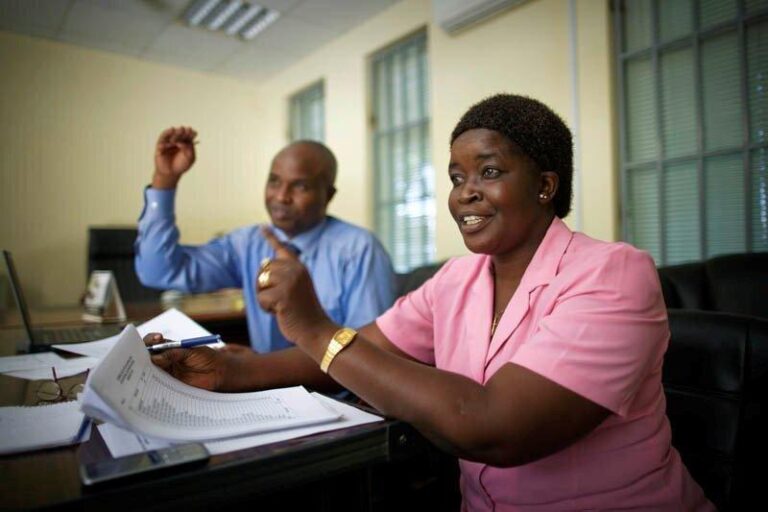Introduction
South Sudan, the world’s youngest nation, faces significant hurdles in establishing the rule of law. The ongoing conflict and political instability have created an environment where legal structures struggle to take root.
Historical Context
Understanding the historical context of South Sudan is crucial for assessing its current challenges. Years of civil war and colonial legacies have left deep scars, making the establishment of a functional legal system formidable.
Legacy of Conflict
The legacy of conflict continues to impact gains made in rule of law. Ongoing tribal conflicts and political fragmentation further complicate efforts to enforce justice and governance.
Weak Institutions
Institutional weaknesses are a significant barrier to the rule of law in South Sudan. Corruption, lack of trained personnel, and insufficient resources hinder the effectiveness of the judicial system.
Recent Progress
Despite these challenges, there have been notable strides towards improving the rule of law. International support and community initiatives have aimed to rebuild trust in legal institutions.
Community-Based Programs
Community-based programs have begun to address local grievances and enhance legal literacy. These initiatives empower citizens to advocate for their rights and seek justice.
International Involvement
International organizations have played a pivotal role in promoting the rule of law in South Sudan. Efforts by the UN and other NGOs aim to foster dialogue and support legal reforms.
Linking Efforts to Outcome
The sustainability of progress in the rule of law hinges on continued commitment from both local and international entities. Emphasizing accountability and transparency is vital for lasting change.
Conclusion
South Sudan remains at a crossroads regarding the rule of law. While challenges persist, the collaborative efforts from various stakeholders provide a foundation for hope and progress.

